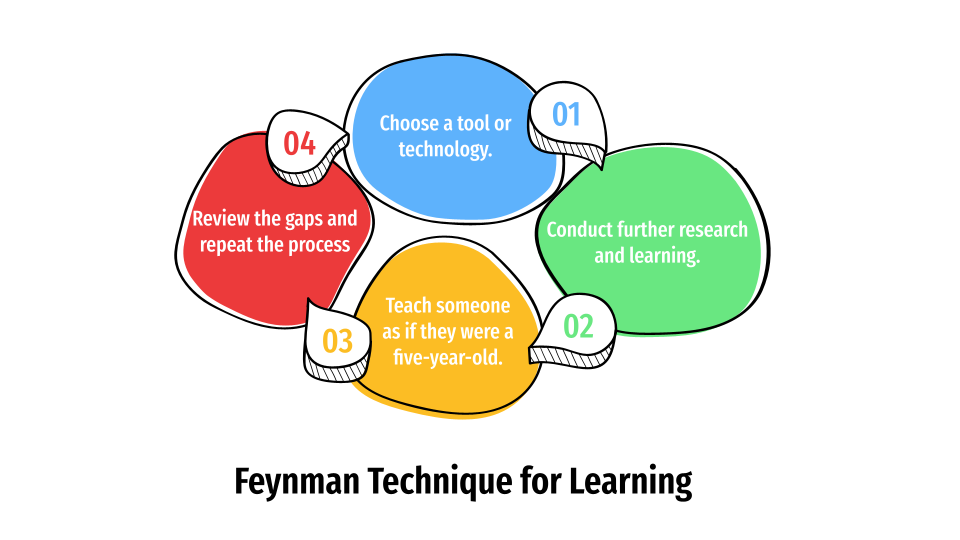Introduction
During High School, the brain undergoes significant changes, making it a prime time for enhancing cognitive abilities, emotional intelligence, and overall brain health. High schoolers have a unique opportunity to engage in activities that promote brain growth and development. This Wellness Corner post explores practical and effective ways that we can foster brain development.
1. Embrace Learning
Challenge Yourself Academically: Engage in courses that challenge you. This doesn’t mean overloading yourself with work but choosing subjects that push you out of your comfort zone.
Explore New Subjects: Take electives outside your usual interests. This diversity in learning encourages neural growth and cognitive flexibility.
2. Stay Physically Active
Regular Exercise: Physical activity is not just good for the body; it also enhances brain function. Activities like jogging, swimming, or team sports increase blood flow to the brain and improve memory and concentration.
Yoga and Mindfulness: Practices like yoga and meditation are excellent for reducing stress, which is crucial for a healthy brain.
3. Cultivate Healthy Eating Habits
Brain-Boosting Diet: Incorporate foods rich in omega-3 fatty acids (like fish, nuts, and seeds), antioxidants (berries, leafy greens), and whole grains into your diet. These nutrients are essential for brain health.
Stay Hydrated: Proper hydration is key for maintaining cognitive function and overall brain health.
4. Prioritize Sleep
Adequate Sleep: Ensure you get enough sleep each night. Sleep plays a critical role in memory consolidation and cognitive function.
Consistent Sleep Schedule: Try to go to bed and wake up at the same time every day to regulate your body’s internal clock.
5. Develop Social Connections
Socialize: Engaging in meaningful social interactions is crucial for emotional intelligence and stress reduction. Join clubs, participate in group activities, and spend quality time with friends and family.
Volunteer: Volunteering not only builds empathy but also exposes you to diverse social situations, which is great for emotional and cognitive development.
6. Practice Mind-Stimulating Activities
Read Regularly: Reading enhances vocabulary, improves empathy, and stimulates the imagination.
Play Brain Games: Puzzles, strategy games, and brain teasers are fun ways to boost cognitive skills.
7. Learn a New Skill or Hobby
Take up a Hobby: Whether it’s learning a musical instrument, painting, coding, or gardening, new hobbies can stimulate different parts of the brain.
Learn a New Language: This can enhance memory, improve multitasking skills, and even delay the onset of dementia.
8. Reduce Screen Time
Limit Digital Devices: Excessive screen time can impact attention span and sleep quality. Try to balance digital consumption with other activities.
9. Practice Stress Management
Mindfulness and Meditation: These practices can help manage stress, improve focus, and increase self-awareness.
Time Management: Learning to effectively manage time reduces stress and allows for a balanced lifestyle.
10. Seek New Experiences
Travel and Exploration: Experiencing new places and cultures broadens perspectives and stimulates the brain.
Attend Workshops and Seminars: These can provide exposure to new ideas and ways of thinking.
Conclusion
Remember, it’s about finding a balance between academic pursuits, physical health, social connections, and personal interests. A healthy brain is not just about intellectual growth; it’s also about emotional and social development.







